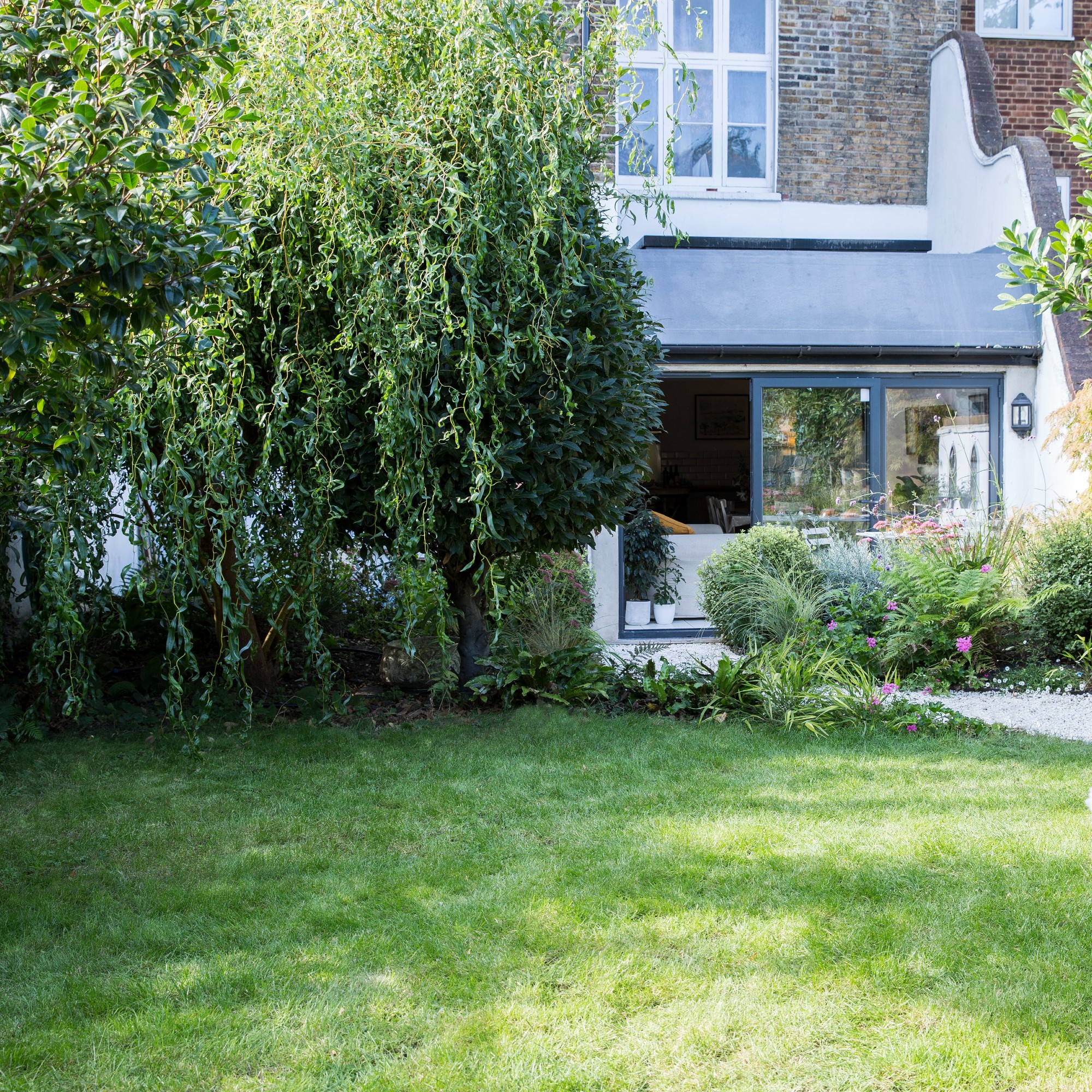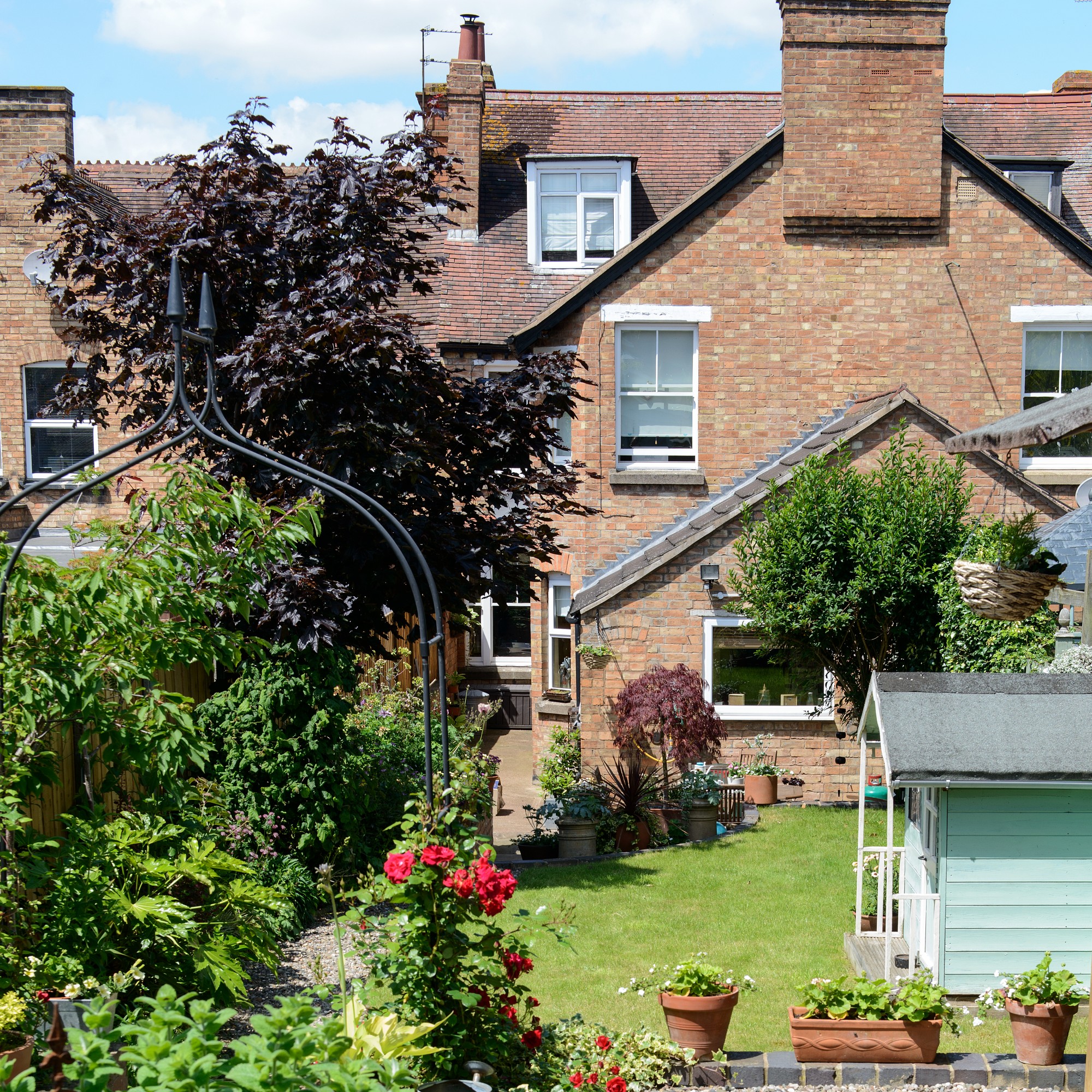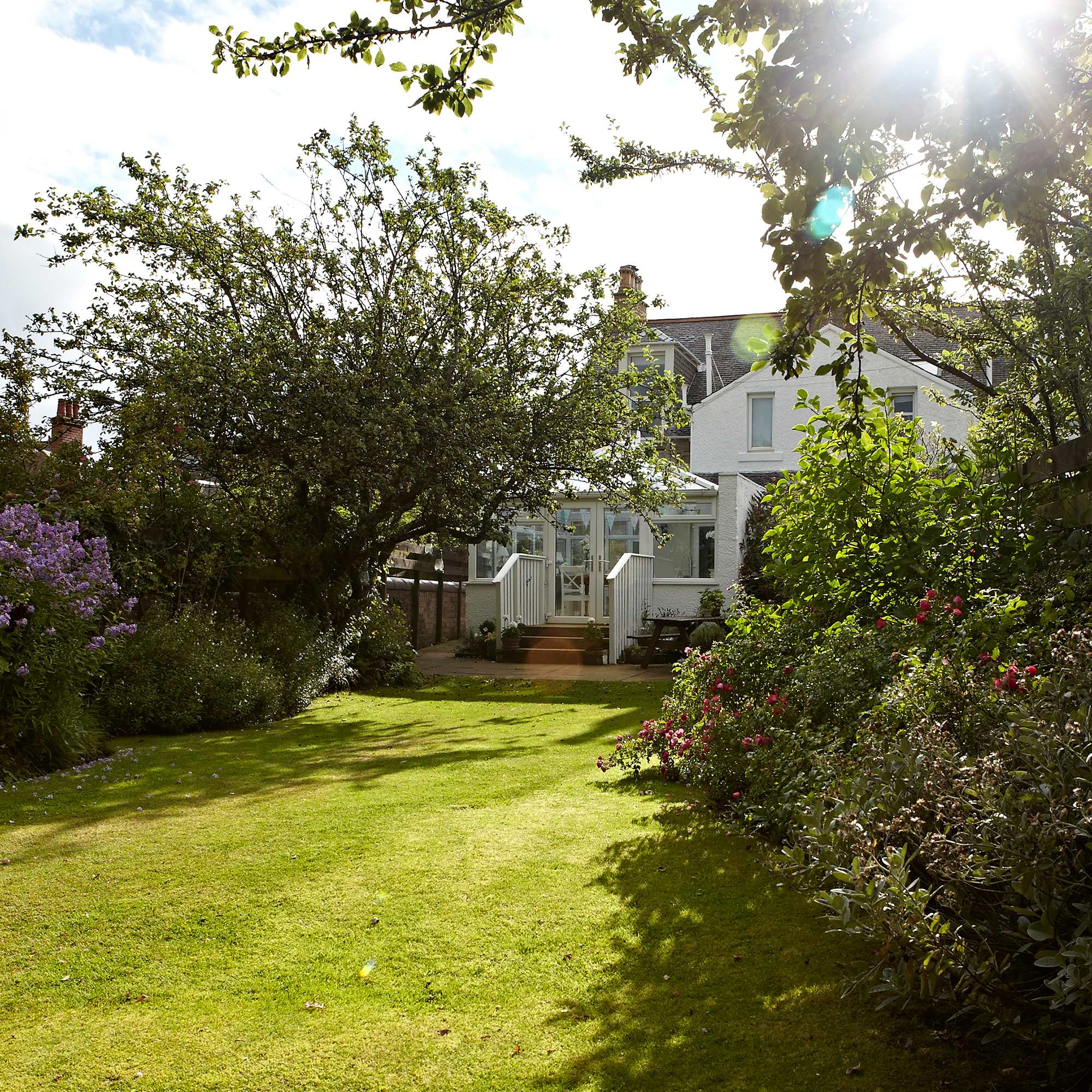
As we’re sure you can imagine, growing grass in the winter months is not ideal, especially in the cold and frosty UK winter. But does grass grow in winter at all? And can you grow grass in winter? In other words, we (and many others, we’re sure) wonder whether it is at all a possibility.
This is not a question of when’s the best time to sow grass seeds. But whether it can be a success if one decides to undertake the effort.
So we turned to our gardening experts for advice on whether it can be done. This is what they had to say about why growing grass in the winter is not recommended.
Does grass grow in winter?

If you’re wondering what the best time for sowing grass is, then we’re sorry to say that you just missed the perfect time which is early autumn, as grass seeds will grow in October or September.
‘Generally speaking, early autumn is the optimum time to plant grass seeds since the soil is at the perfect temperature for germination and establishment before winter,’ says Kevin Gess, owner of Prestige Lawns.
Spring is also a good time to do so. ‘The best times to sow grass seeds are during the cooler months of early fall or early spring. During these periods, the soil temperature is typically ideal for seed germination and there's enough time for the grass to establish before the stress of extreme heat or cold sets in,’ explains Ionel Giuran, Fantastic Gardeners' lawn care expert.
The reason why it’s not ideal to sow or lay new grass in winter is because it’s the dormant period. ‘Winter is the dormant season for grass, with the likes of frost, the frozen ground, minimal light and cold temperatures being too extreme to allow grass to grow properly,’ says Steve Chilton, garden expert from LeisureBench.

Can you sow grass in winter?
‘I generally wouldn't really recommend sowing grass seeds in winter. This is because grass seeds require warmer temperatures, drier soil and more sunlight to germinate,’ Steve starts.
However, the experts add that it is not impossible. So if your heart is set on sowing in winter, then this is the advice and warnings they had to offer.
‘While it is possible to sow grass seeds in winter, it's generally not the most favourable time for successful germination. If you're sowing grass seeds in winter, keep in mind that germination may be slower and its success may be lower,’ Ionel warns.
‘I recommend waiting until spring/summer to sow your grass seeds, unless you have a specific grass type that's cold-tolerant and can be sown in late autumn time at the latest,’ Steve says.
Finally, Kevin adds, ‘Cool-season grasses can be sown in late winter or early spring, when the earth starts to thaw and the temperature starts to climb.’

FAQs
Can you lay grass in winter UK?
Laying grass is a slightly different case than sowing grass seeds since you can lay turf even in November. While winter is still not the ideal time, it is done more easily than growing grass from seed during winter.
‘While it's technically possible to lay grass in winter, it's not ideal for establishing new lawns. If you still want to lay grass in winter, choose a mild period when the ground isn't frozen and be prepared for slower germination and establishment,’ Ionel says.
Steve adds, ‘You need to make sure that the ground isn't frozen, the grass you're laying is hardy, the soil is well-draining and the soil isn't waterlogged. As long as you adhere to these conditions, then you can lay grass in winter. You should of course expect much slower growth, but it is still possible.’
What month should I put grass seed down?
‘The best time is during the growing season, which is typically in the spring or fall months. During these periods, the soil is warmer and there's usually more sunlight, providing optimal conditions for grass seed germination and establishment,’ Ionel recommends.
Like we (and the experts) said, winter is not the ideal time for grass growing and sowing. But if you can’t help the urge, the above hardy grass seeds are designed specifically for winter sowing. Good luck!







